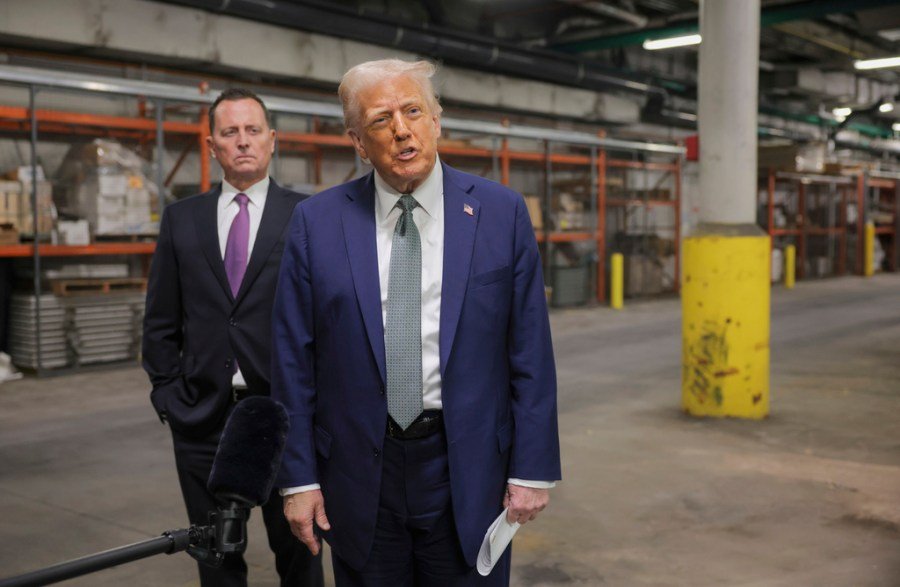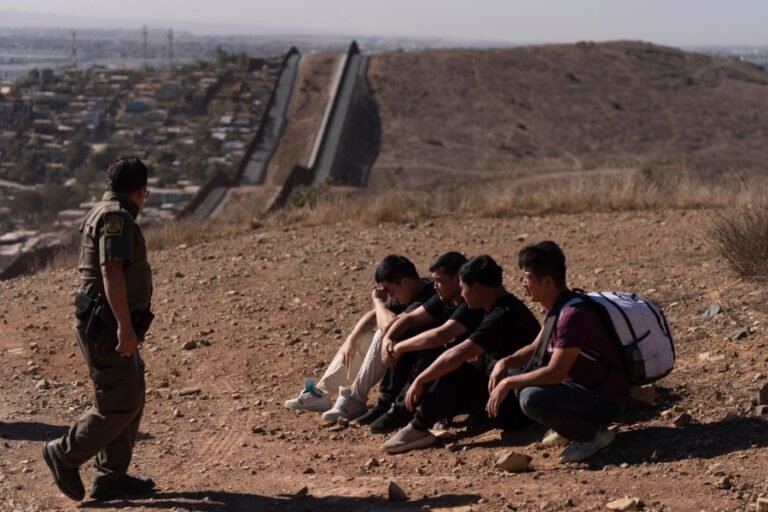
Yes, you read that correctly. Although President Trump has just returned to the White House for a second term, the wheels are already in motion for a third. If you think that sounds impossible — constitutionally prohibited, even — you’re not alone. But Steve Bannon is thinking ahead. And when Bannon speaks, it’s wise to listen.
During a recent conversation with comedian and podcaster Tim Dillon, Bannon didn’t just hint at the idea — he stated it outright. He and his allies are doing everything in their power to ensure Trump serves a third term. When Dillon pushed back, pointing out that this would require a constitutional amendment, Bannon didn’t argue. He didn’t explain. He simply smiled, lifted his eyebrows, and let the moment settle. The look said it all: We’ll see about that.
In other words, he has a plan.
It’s important to understand who Bannon is, because without him there is no Trumpism. Trump, the man, would exist, of course — his parents saw to that. But Trump the ideological force — the movement, the phenomenon — wouldn’t. That’s Bannon’s creation. He took Trump’s raw charisma and turned it into something bigger, something that outlived the campaign rallies and Twitter tirades. It was Bannon who infused Trumpism with a unifying doctrine: a battle cry against globalism, the deep state and institutional rot.
Without Bannon, Trump might have remained just another loudmouthed billionaire with a knack for self-promotion. With Bannon, he became something more — a figurehead for an existential fight against what many believe is a corrupt ruling class. And now, Bannon is masterminding something even bigger.
To dismiss Bannon as just another right-wing ideologue is to misunderstand him entirely. Many on the left are eager to write him off as a fascist kook, but that’s a dangerous mistake. Bannon is a political mastermind. He plays the long game, thinking in decades, not election cycles. He understands power, not in the theatrical way most politicians do, but in a deeply strategic, almost Machiavellian sense.
Bannon is also a Chinese history buff, having studied it extensively for years. He is intimately familiar with how regimes consolidate and wield power, drawing lessons from the rise of the Chinese Communist Party and the strategies that have allowed it to maintain control for decades. He understands one fundamental truth: Institutions are only as strong as those willing to defend them.
So, how could a third Trump term happen?
There are more pathways than you might think. The obvious one is a constitutional amendment, but that would be the most difficult. Instead, Bannon and others might be eyeing legal and structural loopholes — the kind of soft power plays that don’t require rewriting the Constitution but rather just bending it in ways that seem subtle at first but lead to irreversible changes.
Consider a scenario where Trump’s second term is riddled with national emergencies, real or manufactured. A crisis big enough — war, civil unrest, a cyberattack — could justify drastic measures. The precedent for extending presidential terms already exists in other countries, from Russia to Turkey.
America, once thought immune to such maneuvers, has proven in recent years that norms are far more fragile than anyone assumed. Declaring a state of emergency could open the door to unprecedented executive powers, particularly if a loyalist-packed Supreme Court were willing to back him.
Or perhaps they take a different route. A Trump loyalist wins in 2028 but operates as a proxy, with the current president pulling the strings from behind the scenes. This would not be unprecedented. History is full of leaders who found ways to stay in power long after their official terms ended.
Russia’s Vladimir Putin, for example, temporarily stepped aside in 2008, installing Dmitry Medvedev as a placeholder before returning to the presidency. Xi Jinping removed term limits in China through legislative maneuvering, effectively securing power indefinitely. Franklin D. Roosevelt, though democratically elected, exploited wartime necessity to break the two-term tradition, remaining in office until his death.
Juan Perón ruled Argentina through his wife Isabel, who took the presidency after his death but governed from under his ideological shadow. Even Hugo Chávez, before his death, handpicked Nicolás Maduro to carry on his rule in Venezuela, ensuring continuity in both policy and power.
Could Trumpism follow a similar model, installing a devoted successor who would ensure Trump remains the de facto leader? In short, yes. Where there’s a will — and the right strategy — power can be stretched far beyond its formal limits. And Bannon is nothing if not a supreme strategist.
All of this might sound far-fetched. But then again, so did Trump’s first victory. So did the idea that a socialist like Sen. Bernie Sanders (I-Vt.) could come within inches of the Democratic nomination. So did nearly everything that’s upended American politics over the past decade. If the past few years have proven anything, it’s this: what seems impossible today can become reality faster than anyone expects.
When Bannon says he has a plan, take him seriously. The same people who laughed him off in 2016 were blindsided when Trump walked into the White House. Now, Bannon is making one thing clear: A second term isn’t the endgame. It’s just the next stage.
John Mac Ghlionn is a writer and researcher who explores culture, society and the impact of technology on daily life.

